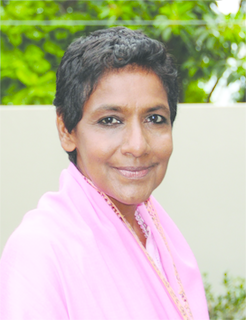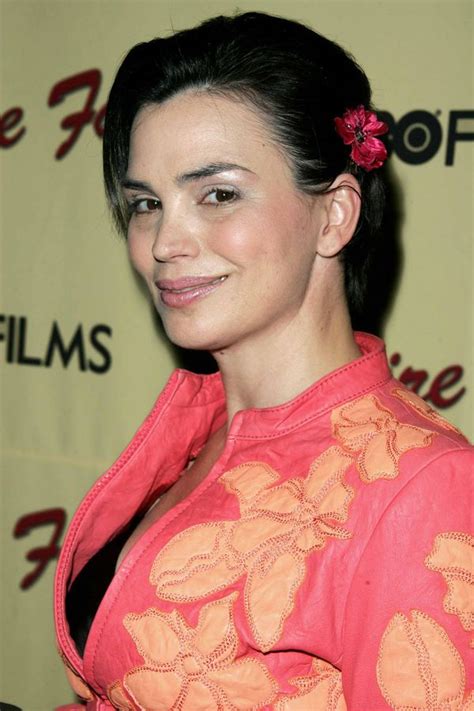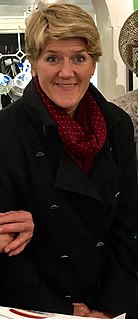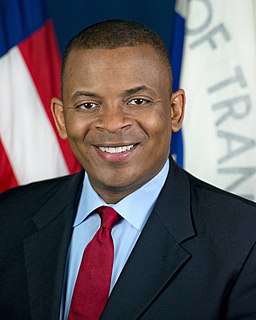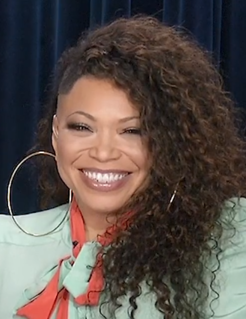A Quote by Melody Beattie
I want people who have received a diagnosis of Hepatitis C to know that they didn't just receive a death sentence. They do have options, even if the person who gave them their diagnosis isn't aware of all of them. The path they choose doesn't have to be one of desperation.
Related Quotes
This objective of getting what we want from other people-or getting them to do what we want them to do-threatens the autonomy of people, their right to choose what they want to do. And whenever people feel that they're not free to choose what they want to do, they are likely to resist, even if they see the purpose in what we are asking and would ordinarily want to do it.
As the diagnosis of autism is increasing the diagnosis of mental retardation is decreasing. And more and more on the other end, the high end, more children who are just a little bit off, who ordinarily you would not single out now are being described as perhaps Asperger’s syndrome or on the high end of the autism spectrum, so I don’t believe there is an epidemic.


